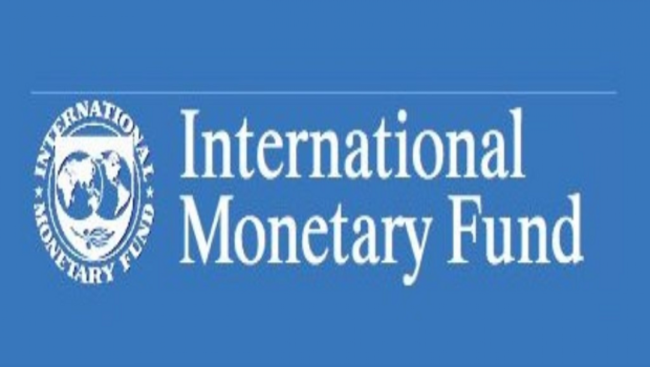The International Monetary Fund (IMF) has called on member countries to remain vigilant to the growth of cryptocurrency asset markets and their interlinkages with incumbent financial institutions.
It warns that widespread adoption of crypto assets in low income countries could undermine the effectiveness of monetary policy, circumvent capital flow management measures, exacerbate fiscal risks, and divert resources from financing the real economy.
In an article obtained from its website titled: ‘The Changing Landscape of Crypto Assets – Considerations for Regulatory and Supervisory Authorities,’ the Fund stated that the rapid growth of stablecoins denominated in foreign currencies in many emerging economies requires a careful understanding of risks.
“For example, many emerging economies lack effective legal and regulatory oversight. These economies also lack legal provisions for ‘bankruptcy remoteness,’ meaning reserve assets can be commingled and not be secured if the issuer or its affiliates fail. This creates a situation where reserve assets tend to be managed by custodians located in advanced economies, “ it stated.
It explained that Crypto assets have implications for macroeconomic and financial stability that are mutually interactive and reinforcing. Therefore, a comprehensive policy and regulatory response is necessary to address the risks of crypto assets.
A key part of IMF’s mandate it noted, is the safety and soundness of the international monetary system, as well as global macroeconomic and financial stability.
While crypto markets do not currently pose a risk to financial stability in most jurisdictions, adoption of crypto assets tends to be higher in emerging markets and low-income jurisdictions.
According to the IMF, a shift from foreign exchange deposits to foreign exchange denominated stablecoins often creates capital outflows from the local banks in emerging economies to the reserve assets managed by the custodian in advanced economies.
Such outflows could potentially trigger higher volatility of the local currency and exert pressure on macroeconomic growth, it stated.
However, it noted that regulation and supervision of crypto asset issuers and service providers don’t directly solve the macroeconomic and financial stability issues.
Yet, the establishment and effective implementation of regulation and supervision is an important foundation for better data collection, effective capital flow measures, and fiscal and tax policies.
Therefore, the IMF is very pleased to deepen cooperation with the Financial Stability Board (FSB) , as well as with other standard-setting bodies and regulatory authorities around the world.
“We’ve done a lot of work in the space of crypto and macroeconomic stability. In October 2021, we shared our emerging thoughts on the impact of crypto on macroeconomic stability through the Global Financial Stability Report.
“ It was here that we first explored the concept of ‘cryptoization,’ referring to how widespread and rapid adoption of crypto assets could reinforce dollarization forces in the economy.
“Almost exactly a year ago, we published a policy paper endorsed by our Executive Board on the elements for effective crypto policies, as well as our note to the G20 on the macrofinancial implications of crypto assets,“ it emphasized.
According to the Institution, in the note to the G20, it shared analysis that the widespread proliferation of crypto assets comes with substantial risks to the effectiveness of monetary policy, exchange rate management, and capital flow management measures, as well as to fiscal sustainability.
Moreover, expanded use of crypto assets also requires changes to central bank reserve holdings and the global financial safety net, resulting in potential further instability.
“While activities in crypto markets often mirror those in traditional financial services, they are typically delivered in a novel way using distributed ledgers. This can be challenging from a regulatory and supervisory perspective, particularly for resource-constrained authorities.
“To understand the challenges, we need to look a little more closely at the layers of technology used to support distributed ledgers. The deeper layers of distributed ledger technology, such as the network and consensus layers, help ensure that there is a single, sequenced, standardized, and cryptographically secured record of activity.
“However, it is not practical for regulators to have technical expertise in building and maintaining blockchain networks. “Yet at the same time, understanding the fundamentals and the trade-offs of different consensus mechanisms is important, “ the IMF further stated.
